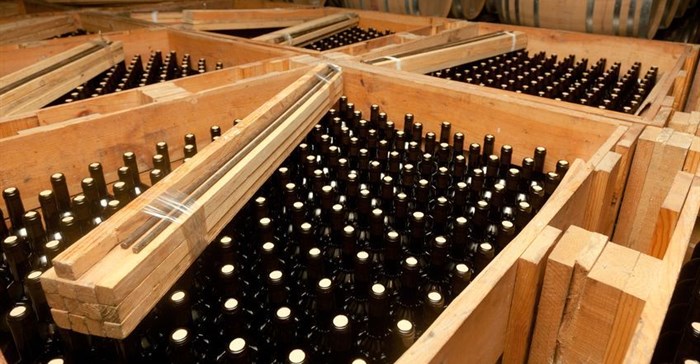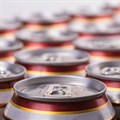The alcohol industry pays SA Revenue Service an average of R2.5bn per month in excise tax contributions for locally-produced and imported products.
Alcohol excise tax is imposed at the point of production, which means that alcohol companies have a liability to pay the excise tax on end products in their warehouses, which currently cannot be sold due to the indefinite prohibition of sales.
The industry was granted deferment of at least R5bn in excise tax payments for July and August 2020 when the government banned alcohol sales with immediate effect. The industry has since honoured these payments to SARS from October 2020 when sales were back in operation.
Far-reaching negative impact
"The alcohol ban impacts the jobs and livelihoods of those directly and indirectly involved in the sector," the alcohol industry said in a joint statement.
"Apart from the damage to the fiscus, such restrictions also have a far-reaching negative impact on the country's already precarious socio-economic predicament and the industry's viability. There is no Temporary Employer/Employee Relief Scheme (TERS) for any of the SMMEs in the sector including taverns, restaurants and bars," it added.
The South African GDP declined by -8% in 2020, according to StatsSA. The alcohol sector contributes R172bn (3% of GDP) to the SA economy. Midterm Budget Statement from Treasury in October estimated a -28% reduction in excise tax contribution from R47bn in 2019 to R34bn in the current financial year ending February 2021.
"The alcohol ban actively fuels illegal alcohol supply channels' operation angling to restock market and contributes to the increased sale of illicit – and potentially dangerous – liquor. According to the World Health Organisation, illicit alcohol accounts for an estimated 24% of the overall SA alcohol market and according to Euromonitor, costs the fiscus over R6.4bn annually in lost tax revenue. These counterfeit products put the lives of consumers at risk, including reported cases of death," the industry said.
R8bn in direct wine sales revenue lost
Vinpro, which represents 2,500 South African wine producers, cellars and industry stakeholders, said it estimated that in the 17 weeks following the prohibition in March 2020, the wine sector lost more than R8bn in direct sales revenue.
Vinpro CEO Rico Basson said: “With less than a week before the 2021 harvest commences, the South African wine industry faces a grim picture of business closures, job losses, downward price pressure, structural damage to subsectors, a decline in production without investment, quality deteriorating, a loss to the fiscus and diversification away from wine.”
These jobs and sales revenue losses will continue their downward spiral, inflicting more significant harm and damage to business and the country.
South African Liquor Brandowners Association (Salba) CEO, Kurt Moore commented, “The Government did not indicate when alcohol sales will be allowed again. It is prudent that the industry applies all possible cost-preservation measures to keep it afloat: delaying excise tax payments is a significant factor. The industry and its entire value chain face an enormous financial crisis, and its capacity to make these payments is severely constrained.”
Nuanced approach needed
The alcohol industry said that the nationwide ban on the sale of alcohol has far-reaching repercussions and a more targeted and nuanced approach is required. The industry has appealed to the government to enter into discussions on reasonable and viable alternatives; this strategy includes allowing limited sales for home consumption, which the industry noted has a limited impact on the current wave of infections.
"As the alcohol industry, we remain committed to working with government and other stakeholders to minimise the impact of the current second wave of Covid-19 cases on the South African population. We proactively decided not to sponsor entertainment events and deploy patrollers to support SAPS in monitoring alcohol outlet compliance in hotspot areas. We also provided PPE to health workers in provinces with the highest number of infections – Eastern Cape, Gauteng, KwaZulu-Natal and Western Cape," the industry said.

























































